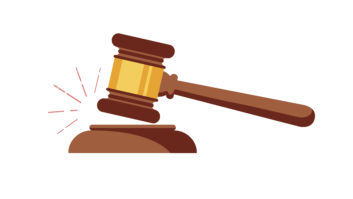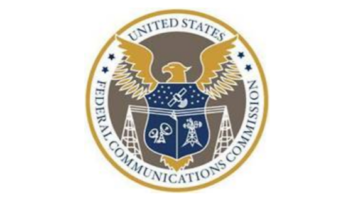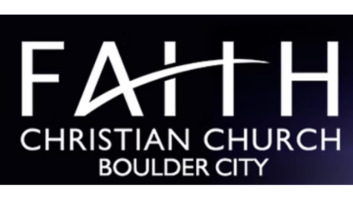As the filing deadline approaches for comments on the 2018 Quadrennial Review, a flood of observations have poured in to the Federal Communications Commission filing database —some calling on the commission not to loosen local radio station ownership caps while others say further deregulation is needed to help broadcasters compete.
A rush of identical comments from individual music creators make up the bulk of the most recent comments, like the one from Diana Saxon of Salem, Ore. She wrote that as a music creator, the preservation of small and local radio is important and thus is urging the commission not to loosen the current local radio station ownership caps.
“If the commission changes the rules, many locally owned stations are going to disappear,” she said, echoing identical statement recently filed by several hundred commenters. “That’s true in markets large, medium and small,” she said. “They’ll be swallowed up or crowded out by conglomerates that already have so much control over what listeners hear on the radio in local communities nationwide.”
She said that if regional media groups or large national broadcasters take control of all the small and local commercial stations, the industry “will lose the last semblance of independent, diverse local programming.”
Broadcasters are weighing in on the issue as well (though not in identical bulk form). J. Allen Dick, president of Dick Broadcasting Co. of Tennessee, pressed the commission to consider further deregulation to help broadcasters better compete with its satellite, internet and smartphone-based competitors.
“I firmly believe that further deregulation of media ownership would change the radio business only for the better,” he said in a comment filing. He said such a move would allow smaller markets to return to what they have historically been: Markets owned by individual and small group broadcasters who are of a local or regional background and desire to serve the smaller markets that they are familiar with.
“We must all acknowledge that the audio entertainment landscape we knew from past decades is no longer present and will not return,” he wrote, noting that when the local radio ownership rules were last significantly changed, there were no smartphones, no Apple Music playlists and no Spotify to compete with.
“These changes have offered our listeners, and especially our younger ones who have grown up in an online world, the chance to have entertainment that they select on their schedule and without middlemen, such as radio broadcasters, making all of their listening decisions.”
The way to enable broadcasters to effectively operate is to relax ownership limits. This sends a message to the lending community that there will be stability and scale in the industry; there will be justification to lend again to broadcasters, he said.
“I urge the FCC to take the handcuffs off and private radio — especially radio that serves small markets — with the chance to compete and thrive in the changing world of audio entertainment delivery,” Dick said.
Similar comments were expressed by Caroline Beasley, CEO of the Beasley Media Group, who told Commissioner Brendan Carr in a meeting in early April that broadcasters in all markets must be allowed to achieve greater economies of scale in order to survive as meaningful, free sources of local news, information and entertainment.
John Zimmer, president of Zimmer Radio, expressed a similar sentiment. “All radio broadcasters, and especially those in smaller markets, must be allowed to achieve greater economies of scale in order to compete against the growing number of digital competitors,” he wrote.
The comments are being gathered by the FCC as it re-reviews broadcast ownership rules as part of the every-four-years Quadrennial Review. In this go-round, three rules are subject to review: the local radio ownership rule, the local television ownership rule and the dual network rule.
Comments are being accepted through the ECFS database using Docket Number 18-349 through April 29.
[Subscribe to our newsletter and get it delivered right to your inbox.]







